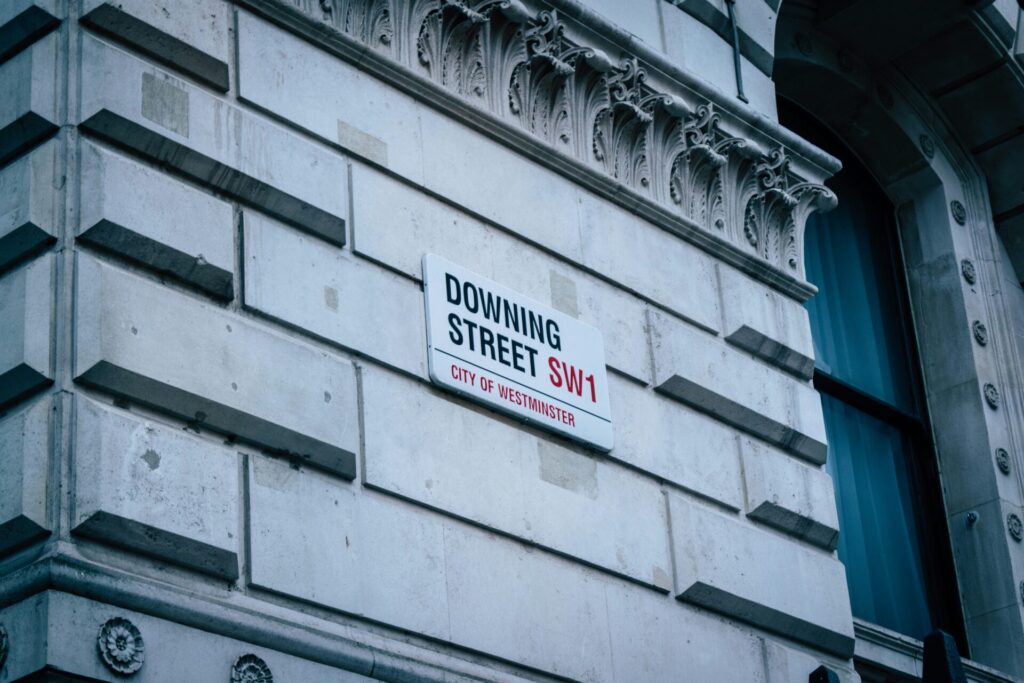In the latest Spending Review, Chancellor Rachel Reeves outlined a significant financial commitment to clean energy and infrastructure projects, reaffirmed the government’s net-zero ambitions, and made tough calls on departmental budgets. Here’s what UK businesses need to know—without the politics, just the facts.
Nuclear Power Takes Centre Stage in UK Energy Investment
Energy Support for Industry Missing
– Over one-third of UK businesses reported being affected by rising energy costs
– Small and medium enterprises (SMEs) were disproportionately impacted
– Many energy-intensive firms reduced output, froze investment or cut jobs to cope with these costs
Industry leaders were hoping for fresh relief or a roadmap in the Review. However, apart from pre-existing schemes like the Energy Intensive Industries (EII) exemption, there was no new policy support for industry energy bills.

Net-Zero Commitments Remain Firm
– National security
– Industrial regeneration
– Lower household bills by 2030
Winners and Losers in Public Spending
– Science and Technology: Targeted investment for innovation-led growth.
– Foreign Office: -6.9% annually (mostly aid-related)
– Department for Transport: -5% annually
– Department for Environment and Rural Affairs: -2.7% annually
– Department for Business and Trade: -1.8% annually






